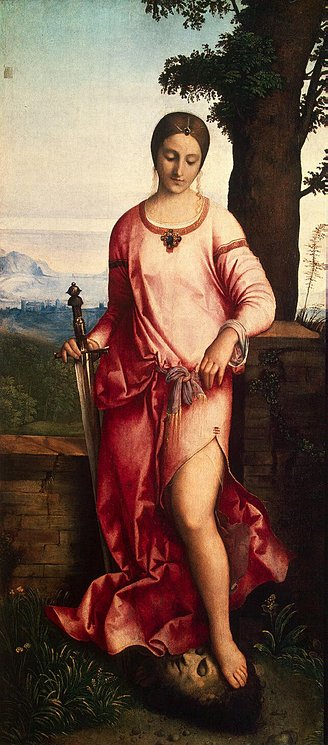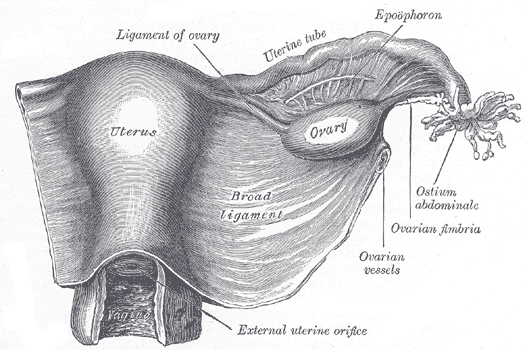Author Archives: Erika Dreifus
December 28, 2016 by Erika Dreifus
Rightful Places

Rightful Places
When, today, a woman’s right
to wear a prayer shawl
or read from the Torah
or blow a shofar at the Kotel
is actually the focus of a bill submitted to the Knesset,
who can be surprised
that Judith’s story
is excluded from the Tanakh?
For if Judith—
brave,
articulate,
smart,
powerful,
pious,
latter-day
Hanukkah heroine
Judith—
had been granted admission
to those holy pages,
how on earth,
all these centuries later,
could anyone possibly justify
denying her daughters
our own rightful place?
Erika Dreifus writes poetry and prose in New York. Visit her online at www.erikadreifus.com and follow her on Twitter @ErikaDreifus, where she comments on “matters bookish and/or Jewish.”
The views and opinions expressed in this article are the author’s own and do not necessarily reflect those of Lilith Magazine.
- 1 Comment
December 15, 2016 by Erika Dreifus
A Poem for Vayishlach (“Dinah Speaks”)
A Poem for Vayishlach (“Dinah Speaks”)
After my brothers killed my husband and his father
and all the men of my new city,
after they took me forth and claimed
everything—and everyone—that remained
for their own,
they returned home with their new treasures,
and with me.
Our father spoke to them in dismay;
to me, he said nothing.
And here I’ve passed all the years since.
No more gallivanting.
I stray from my father’s tents
only to companion those whom my brothers
captured and spoiled,
whose suffering surpasses mine by far.
To them alone, I speak.
I am sorry, I say.
I am so very, very sorry.
Erika Dreifus writes poetry and prose in New York. Visit her online at www.erikadreifus.com and follow her on Twitter @ErikaDreifus, where she comments on “matters bookish and/or Jewish.”
The views and opinions expressed in this article are the author’s own and do not necessarily reflect those of Lilith Magazine.
- No Comments
December 9, 2014 by Erika Dreifus
Kaddish for My Uterus

Exalted and hallowed be Surgery’s great name
in the world where none of my gynecologist’s earlier ideas—
not the differently-dosed birth control pills, nor a specific intrauterine device,
nor a D&C—put an end to the mischief of those four fibroids,
to a daily life constrained by the mess, the pain,
the sheer weariness of endless blood and clots.
May Surgery’s majesty be proclaimed all the remaining days of my lifetime,
joyfully, energetically,
to which I say: Amen.
Blessed be Surgery’s great name.
Equally blessed, praised, honored, and exalted
be my gynecologist’s skill with a scalpel
once she yielded to my entreaties and accepted
that even if I met my soulmate the very next day
(which was unlikely, given the percentage of my waking hours
spent trapped within the four walls of my bathroom)
I’d long since passed the point
of seeking to preserve my fertility, such as it may yet have been,
my having already crossed the rubicon into my fifth decade
without any concerted effort to make use of it.
May there be abundant gratitude, too, that I opted for
the old-school, traditional approach.
Not for me the ultra-modern robotics, or something called “morcellation,”
the cancer-spreading and other consequences of which
you can read about these days in The New York Times.
May the freedom from those four freakingly frustrating fibroids,
the immeasurable improvement in my quality of life after Surgery,
bring peace to me, my loved ones, and everyone else with whom I interact.
To which I say: Amen.
Erika Dreifus writes poetry and prose in New York. Visit her online at www.erikadreifus.com and follow her on Twitter @ErikaDreifus, where she comments on “matters bookish and/or Jewish.”
- 5 Comments
January 28, 2014 by Erika Dreifus
A Not-So-Modest Proposal: Add Another Matriarch to the Mix

“Moses and Jochebed” by Pedro Américo, 1884.
We honor four biblical “matriarchs”: Sarah, Rebecca, Leah and Rachel. And they’re important, even if we recognize them mainly, if not solely, for the sons they birthed.
But they weren’t always admirable. Take Sarah’s treatment of Hagar and Ishmael. Or Rebecca’s devious plan to trick her husband into giving their son Esau’s birthright to their other son, Jacob. True, Jacob got his comeuppance when Leah, disguised as the sister he wanted to wed, married him in Rachel’s place. As for Rachel, it’s hard to know what actions she might have taken, had she survived Benjamin’s birth. We do know that she was susceptible to jealousy.
For these reasons—plus others I’ll list shortly—I propose that we add a fifth matriarch: Jochebed.
I’m not unbiased. “Jochebed” is my Hebrew name (after my mother’s maternal grandmother). As a child, I learned that we (my great-grandmother and I) shared this name with a biblical foremother. But all I knew about the original Jochebed, gleaned from Bible Stories for Jewish Children, was that 1) she was the mother of Moses and his also-impressive siblings, Aaron and Miriam, and 2) she saved Moses’s life by setting him afloat for Pharaoh’s daughter to discover and adopt.
- 2 Comments
 Please wait...
Please wait...